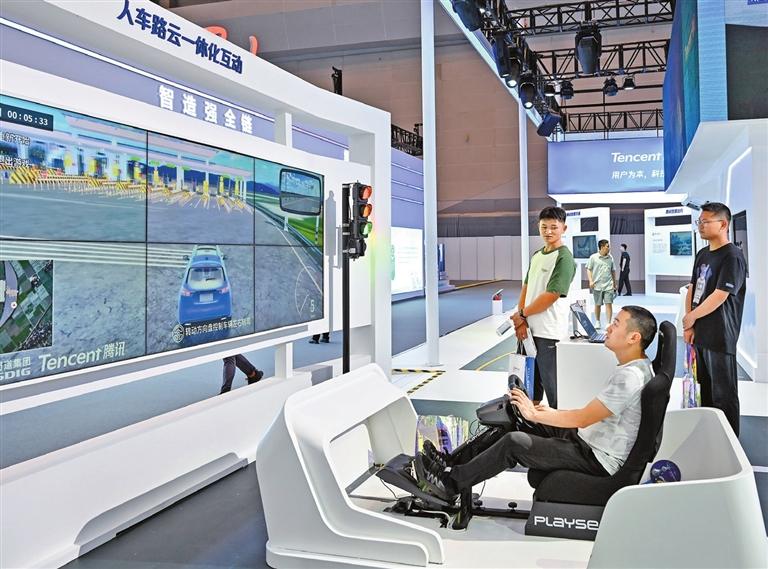
AS you open your car door, the driver’s seat glides effortlessly into the perfect position, your favorite playlist kicks in, and a gentle voice reminds you of an upcoming appointment. This seamless, personalized driving experience is no longer a far-off fantasy — it is a reality inside Chery Automobile’s latest intelligent cockpit. By integrating the open-source DeepSeek model into its advanced AI system for intelligent connected vehicles (ICVs), Chery’s R&D team has transformed driving into a smarter, more intuitive journey after months of rigorous testing and fine-tuning. “DeepSeek has enabled us to enhance the cockpit’s reasoning capabilities. It better interprets users’ colloquial language and subtle intentions to deliver personalized services,” said Ding Xueyi, head of Chery’s Lion Tech AI Center. ICVs collect diverse personal data from vehicle owners, including driving routes, driving behavior patterns, fingerprints, and voiceprints. By analyzing both personal information and the external environment, ICVs provide diversified, personalized AI-driven solutions. The system now boasts more interactive functions and a 40% boost in intent-recognition accuracy, Ding added. Chery is not alone. Over 20 Chinese automakers, including BYD, Geely, and VOYAH, have announced that they have embedded DeepSeek into their vehicles since the Chinese startup made its groundbreaking debut earlier this year. Besides DeepSeek, Chinese AI and intelligent speech company iFLYTEK has fused its self-developed large language model SparkDesk with a visual analytic system to monitor and remind drivers of their drowsiness and health conditions, which works by recording indicators like heartbeat, respiration, and blood pressure. Recently, Guangzhou-based Xpeng unveiled a refreshed version of its G9 electric SUV with a proprietary Turing AI autonomous driving system. The model features an AI chassis that scans road conditions 1,000 times per second and makes adaptive suspension adjustments, alongside functions that map rough terrain and upload information to cloud storage. “AI will accelerate the arrival of autonomous driving, and even driverless vehicles,” according to He Xiaopeng, chairman of Xpeng. The company is upgrading its vehicles’ unmanned parking and low-speed pickup capacities, and He anticipates more regulation-approved trials of these technologies. As a global leader in the production and sales of new energy vehicles (NEVs), China has pledged that it will support the extensive application of large-scale AI models and vigorously develop intelligent connected NEVs, as outlined in this year’s government work report. As trendy smart terminals, ICVs have earned widespread acceptance. Data from CCID Consulting show that intelligent connected passenger vehicles accounted for over half of global new car sales in 2023, and its penetration rate in China’s new car market is expected to reach 78.9% by 2025.(Xinhua) | 
